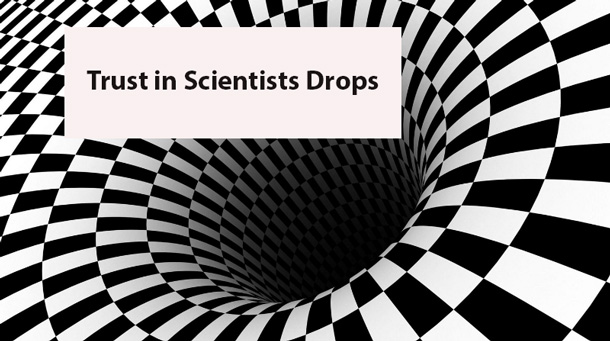
I won’t use my limited space dispelling each fallacy and misleading statement. That’s not what is most important right now. Suffice to say, I find it ironic that an article emphasizing the importance of hard sciences and the basics of scientific inquiry ignores mountains of evidence gathered by climate scientists over decades through the peer-review process.
What is most important is not what Sterling-Anosh or I believe. When it comes to climate change, what is most important is what climate scientists and those in related fields have discovered.
So what are they saying?
Last year, over a dozen scientists, including the president of the U.S. National Academy of Sciences, told the Associated Press the scientific certainty that climate change is human caused and a serious threat to our quality of life is akin to the scientific certainty that cigarettes contribute to lung cancer. These scientists specialize in climate, physics, epidemiology, public health, statistics, and risk. The same findings were reported by the UN Intergovernmental Panel on Climate Change, which involves hundreds of scientists and an exhaustive peer review process.
Despite this, commentaries like Sterling-Anosh’s keep popping up. The presence of these articles is a problem because it creates the impression there is a scientific debate going on.
A study by the Union of Concerned Scientists indicates the way climate change is currently framed in the media is weakening the public’s ability to understand and grapple with the risks of climate change.
Similarly, a Yale study found that misleading reporting is eroding public trust in scientists. Another found that people who are exposed to clear messages conveying the scientific agreement on climate change are more likely to accept the findings of climate scientists.
Commentaries like Sterling-Anosh’s hold us back from addressing the dangers of climate change the way we address the dangers of smoking. What can we do about this?
Firstly, speak up! When it comes to confusing or contentious issues, we’re more likely to trust people we know. If you don’t feel comfortable speaking up yet, spend a bit of time learning the basics of climate change. Avoid misinformation by visiting university or government websites. The U.S. Environmental Protection Agency has a great site dedicated to climate change education.
And what is the role of the media?
Editors are often in a difficult position. On one hand, they are defenders of free speech. On the other, they must make choices everyday about what to publish. They likely wouldn’t print an article stating cigarettes don’t contribute to lung cancer because the science has been settled.
The climate science is just as settled and some media outlets have recently taken a stand on the issue.
Last year, the L.A. Times stated that it would no longer print letters stating humans don’t cause climate change because that is “not stating an opinion, it’s asserting a factual inaccuracy.” In February, two CNN hosts condemned the network’s use of “false balance” whereby scientists are “balanced” with “skeptics” regardless of their credibility.
CNN hasn’t hosted such a “debate” since
It’s time all media outlets paused for a moment to reflect. If the scientific certainty that climate change is human caused and a serious threat to our quality of life is akin to the scientific certainty that cigarettes contribute to lung cancer, is it not time to stop printing pieces that assert the opposite?
Human ingenuity will allow us to avoid the dangers of climate change and get on a more prosperous path, but only if we stop arguing about what scientists have known for decades and start discussing how best to approach the problem.
Maxwell Sykes is a Master of Resource Management student and member of the Energy and Materials Research Group at Simon Fraser University’s Resource and Environmental Management Program.www.troymedia.com






